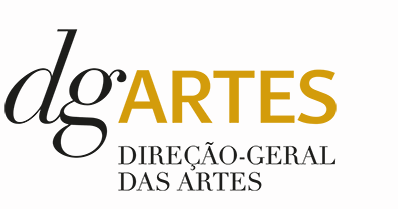
Iberian Ensemble
Alexandre Andrade, barokna flauta/baroque flute
David Cruz, barokni violončelo/baroque cello
Ivan Oliveira, teorba i barokna gitara/theorbo and baroque guitar
Glazba 18. stoljeća na portugalskom dvoru/Music of the 18th Century at the Portuguese Court
Antonio Vivaldi
Sonata u C-duru/in C Major, RV48
Affetuoso
Allegro
Allegretto
Allegro
Carlos Seixas
Tocatta u g-molu/in G minor
Moderato
Allegro
Minueto
Luigi Boccherini
Sonata za violončelo u G-duru/Cello Sonata in G Major
Largo
Allegro
Menuetto
Domenico Scarlatti
Sonata u d-molu/in D minor, K. 89
Allegro
Grave
Allegro
Domenico Scarlatti
Sonata u e-molu/in E minor, K. 81
Grave
Allegro
Grave
Allegro
Projekt Iberian Ensemble osmislio je 2013. godine Alexandre Andrade. Cilj je povezati muzikološka istraživanja i izvođenje iberijske instrumentalne glazbe 18. stoljeća. U svijet instrumenata rane glazbe također nastoji uključiti mlade glazbenike poticanjem kontakta i učenja. Polazeći od barokne flaute (traversa) i uključujući druge instrumente - baroknu obou, barokni fagot, šalmaj, baroknu violinu, a uz pratnju čembala, baroknog violončela, viole da gambe i barokne lutnje, Iberian Ensemble ima različite sastave, uvijek povezane s repertoarom koji će izvoditi. Stilističko bogatstvo repertoara iberijskog i talijanskog baroka te njihove veze s Brazilom, a polazeći od povijesno informirane interpretacije, predstavljaju izazove s kojima se susreću svi elementi ovog projekta. Od svog osnutka, Iberian Ensemble djeluje bez prekida, surađujući s lokalnim vlastima, udrugama, sveučilištima, glazbenim akademijama i konzervatorijima, muzejima, festivalima i kulturnim institucijama u Portugalu, Španjolskoj, Engleskoj, Hrvatskoj, Češkoj, Srbiji i Brazilu.
Created in 2013 by Alexandre Andrade, the Iberian Ensemble project aims to bring together musicological research and the performance of Iberian instrumental music from the 18th century. In terms of musical training, it also seeks to foster contact and learning among young musicians within the realm of early music instruments. Starting with the traverso (baroque flute) and integrating other instruments such as the baroque oboe, baroque bassoon, chalumeau, baroque violin, and supported by the harpsichord, baroque cello, viola da gamba, and baroque lute, the Iberian Ensemble adopts various formations, always related to the repertoire being performed. The stylistic richness of Iberian Baroque repertoires, including Italian influences and their connections with Brazil, explored through historically informed interpretation, presents challenges embraced by all participants involved in this project. Since its inception, the Iberian Ensemble has worked continuously with local governments, associations, universities, music academies and conservatories, museums, festivals, and cultural entities in Portugal, Spain, England, Croatia, the Czech Republic, Serbia, and Brazil.
